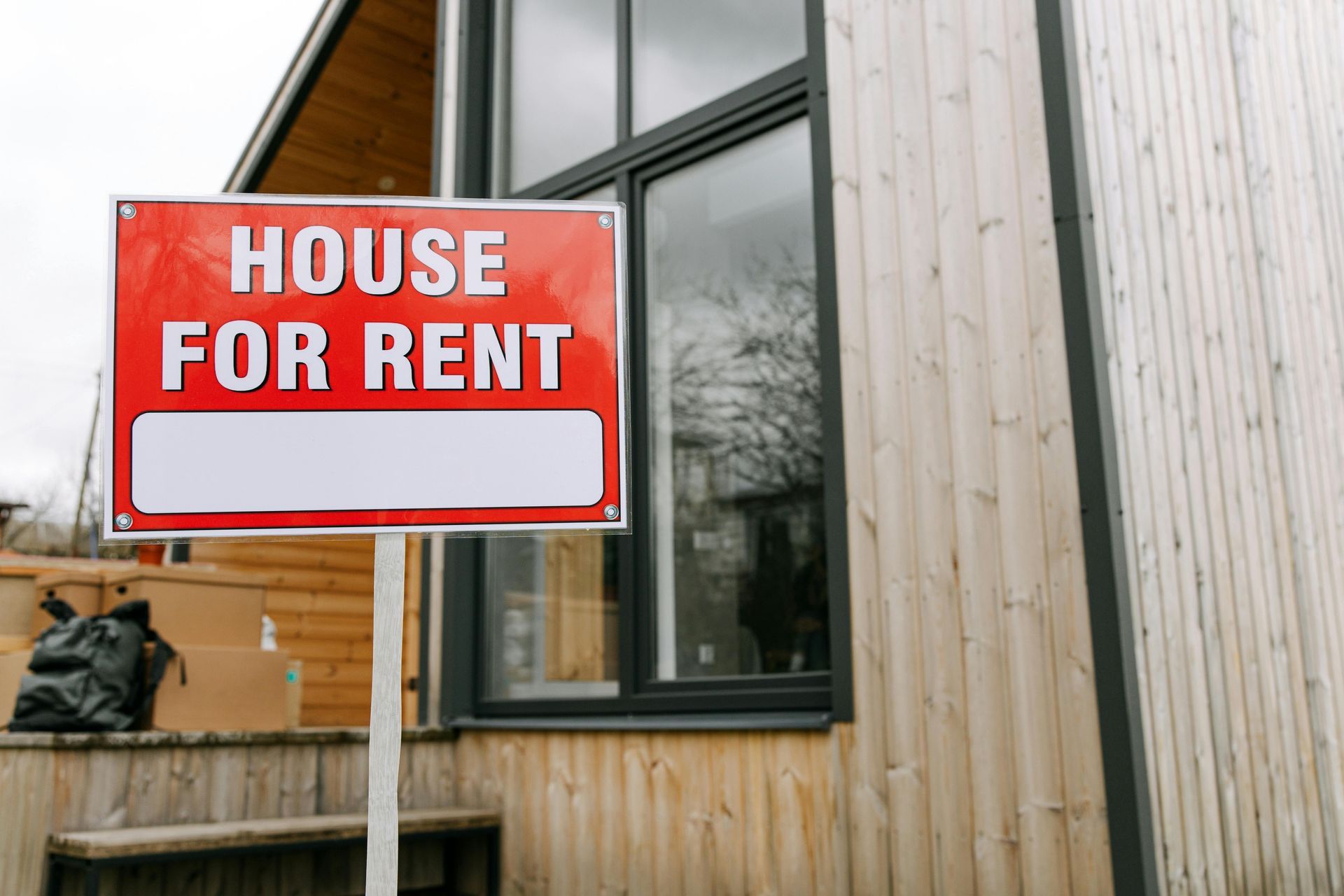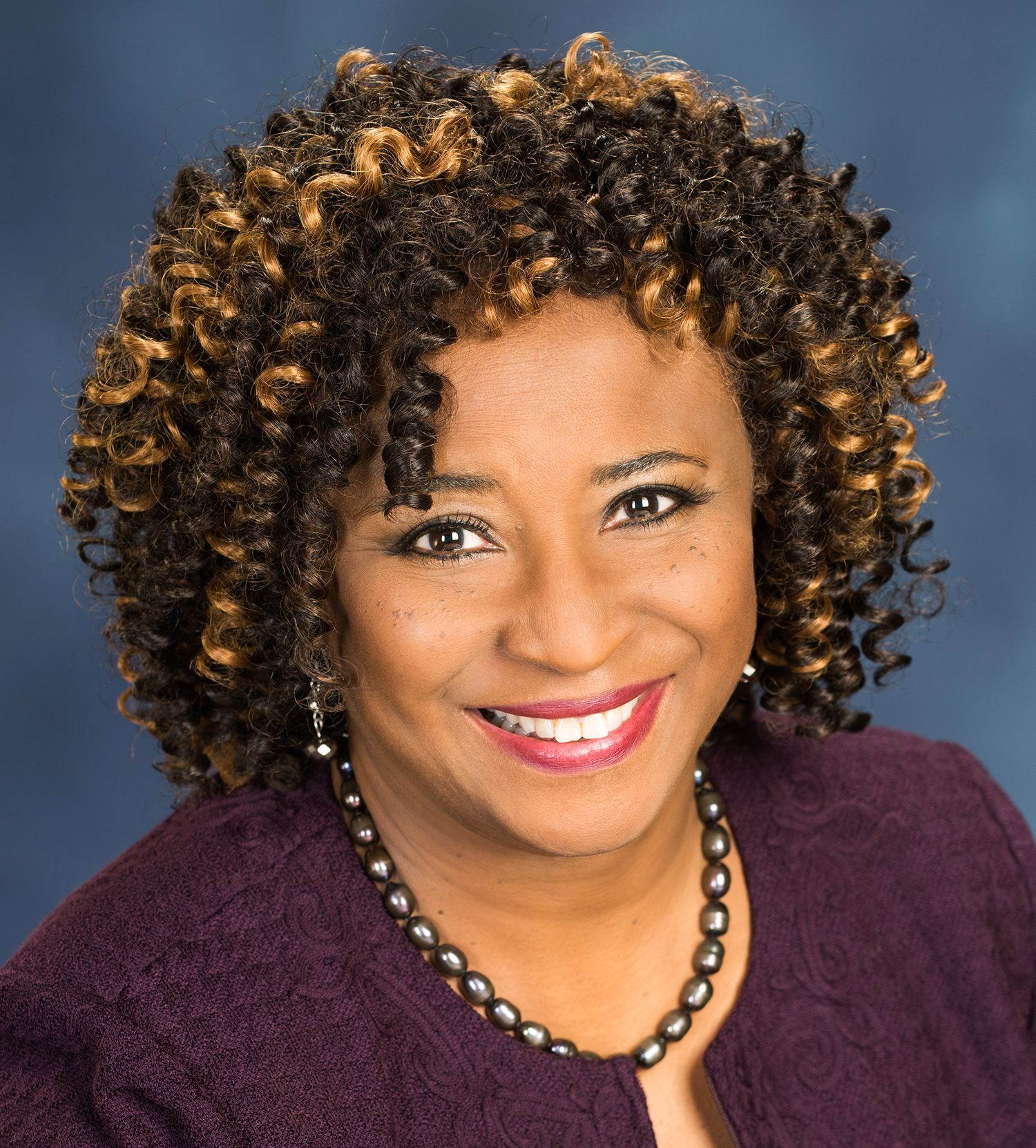How My United States Supreme Court Experiences Enable Me To Help Small Businesses in Oakland Through My Business Law Practice
From the Supreme Court to Oakland: Lessons for Small Business Success
In 2002, and again in 2007, I was the lead attorney for two cases that went to the United States Supreme Court. In January 2002, I had the honor of arguing Abner Morgan's case before the Court. In 2007, I was able to successfully get the Supreme Court to decline the petition for writ of certiorari filed by the State of California in the case of Deanna Freitag .
I never expected to go to the Court in the Morgan case. We won the appeal in the Ninth Circuit Court of Appeals and we wanted to get back to the district court to retry the case. But God had another plan. In the summer of 2001, we got the call. At first, I was devastated. Delays and more delays, and justice delayed is justice denied. Plus, the task ahead seemed monumental, far beyond what I felt my business could handle. But the first lesson was the most valuable, which is the value of relationships and mentors.
1) Relationships - Mentorship: The Foundation of Success
My first call upon learning that the Morgan case had been accepted for argument before the Supreme Court was to Attorney Howard Moore Jr. Howard had been my mentor since my first year of law school. My Uncle Richard in Chicago had directed me to contact Howard immediately upon my arrival in California in 1978 with a message: Howard was to watch over me. They were both Morehouse men, and the sacred bond between them as Morehouse men meant that Howard had to and would accept the mission. It turned out to be a lifelong challenge, but that's another story.
Howard encouraged me and assured me that I was up to the task of preparing and arguing a Supreme Court case. In fact, Howard told me that "if a woman with a degree from Yale and two degrees from UC Berkeley could not argue her own case in the United States Supreme Court, she should return all of her degrees." Armed with his confidence, I prepared to argue before the Court. Howard had argued many cases in the Supreme Court himself, and because he was a Supreme Court practitioner, he sponsored me into the elite Supreme Court bar. Only 88 cases out of 7,924 cases filed in the 2001 term were argued in the Supreme Court the year that I appeared there.
My success in the Supreme Court was largely due to the fact that I had the best mentor, and a business relationship that spanned more than two decades. Now that I have over 40 years of experience, I work to provide the same quality of mentoring I received to my small business clients in Oakland and the East Bay Area to help their business grow sustainably and be more successful.
2) Collaboration - Teamwork: Building Strategic Partnerships
Another lesson learned from my Supreme Court experience was the value of teamwork and collaboration. For years, I had supported the Legal Aid Society of San Francisco (LAS) . During my bridge year between law school and graduate school, I worked as an intern for Legal Services for Prisoners with Children , a LAS-sponsored project. Later, as an employment law lawyer, I financially supported the work of the Employment Law Center (ELC) , and more than once, called upon their expertise for a case we were handling. Through my mentor Howard, I got to know and respect William C. McNeil , the Managing Director of the ELC.
When the Morgan case was accepted for argument in the Supreme Court, every employment lawyer and Supreme Court practitioner in the country took notice. One of the first people who called me was Bill McNeil. His question - did I want their help? My answer - what time can you get here?
And so began a collaboration between our offices that lasted almost four years. Bill came over right away and brought three eager and brilliant young lawyers with him to start the tedious task of preparing our briefs and our arguments. Our team worked non-stop collaborating with other lawyers around the country for months, and when I appeared before the Court, Bill was at the counsel table with me and Howard.
When we won in the Supreme Court, and the case was sent back to the District Court for trial, Bill and two of his brilliant young lawyers tried the case with me and one of my associates. We made a great team and we finally won the case after almost ten years of litigation. And because we worked together, everybody got paid.
3) Resources - Stretching & Surviving to Get to the Next Level
One of the lessons of both of my Supreme Court experiences was the importance of resources and reserves. We never would have survived the eight years of litigation of the Morgan case, or the six years of litigation in the Freitag case if I had not spent years creating a reserve account, building a line of credit and learning how to "make a dollar out of 15 cents." Every small business has to learn how to stretch its resources, and survive while striving to get to the next level. More often than not, "cash flow" is a myth. There is very little cash and almost no flow. In good times and in bad times, I challenged my employees to help stretch our resources, avoid unnecessary waste, and recycle everything. My pet peeve, which I made known to everyone, was do not throw away or ever order paper clips. Every little bit helps. Focusing on frugality is especially important for Oakland small businesses to maintain profitability during good and bad economic times.
4) Details - Not Just One Decision
One important lesson I learned from my Supreme Court experiences is that "the devil is in the details." It's never one big decision that makes the difference. It's the thousands of small decisions that every business owner must over time make that add up to the big picture. Paying attention to the details of your business to ensure that your operations are running smoothly can make the difference between meeting a deadline or missing it. For us, we had to get the briefs printed according to the Supreme Court's precise specifications and filed in Washington, D.C. on time. We had to get the little details right to get to the big win at the end. Similarly, for small businesses, oftentimes the real levers to success are identified through rigorous analysis of the key details and the wisdom to understand where to look.
5) Walking by Faith: 5 Smooth Stones
Every business owner takes a leap of faith when he or she starts their own business. They believe in themselves and in what they have to offer the world. They believe that they can build a successful business despite the overwhelming odds of business failures.
My Supreme Court experiences taught me the power of "walking by faith, not by sight." I represented Abner Morgan for eight years before we got paid; I represented Deanna Freitag for six years before we got paid. That alone is a testament to faith. But arguing the Morgan case in the Supreme Court was unexpected and intimidating.
The odds were against us. We were up against a true Goliath. Amtrak was a billion dollar corporation with an appropriation of $521 million for fiscal year 2001. I had fought and defeated giant government agencies before - the California Department of Corrections and the United States Postal Service - but not in the United States Supreme Court.
My oral argument was set for January 2002. In December, after the briefs were filed and we were waiting our turn, I traveled to San Diego to rest my anxious mind. While there, I went to the beach. The argument was heavy on my mind, but my spirit was inspired by the biblical story of David and Goliath. At the beach, I gathered five smooth stones and prayed for our victory. I returned home refreshed, with the five smooth stones in my bag. I took my five smooth stones with me to Washington DC. Today, those five smooth stones still sit in a prominent place in my living room, to remind me of the power of prayer, and walking by faith.
Key Takeaways for Oakland Small Businesses
In summary, the key lessons I learned from my US Supreme Court experiences that I use to help my small business law clients in Oakland are: mentoring relationships, collaborative teamwork, keeping costs low, resourcefulness, attention to the details, and, last but certainly not least, faith.







